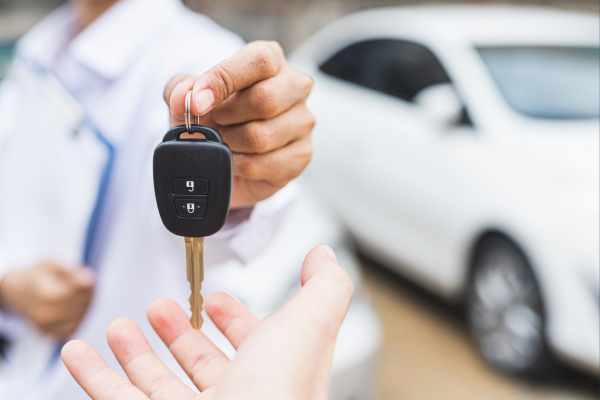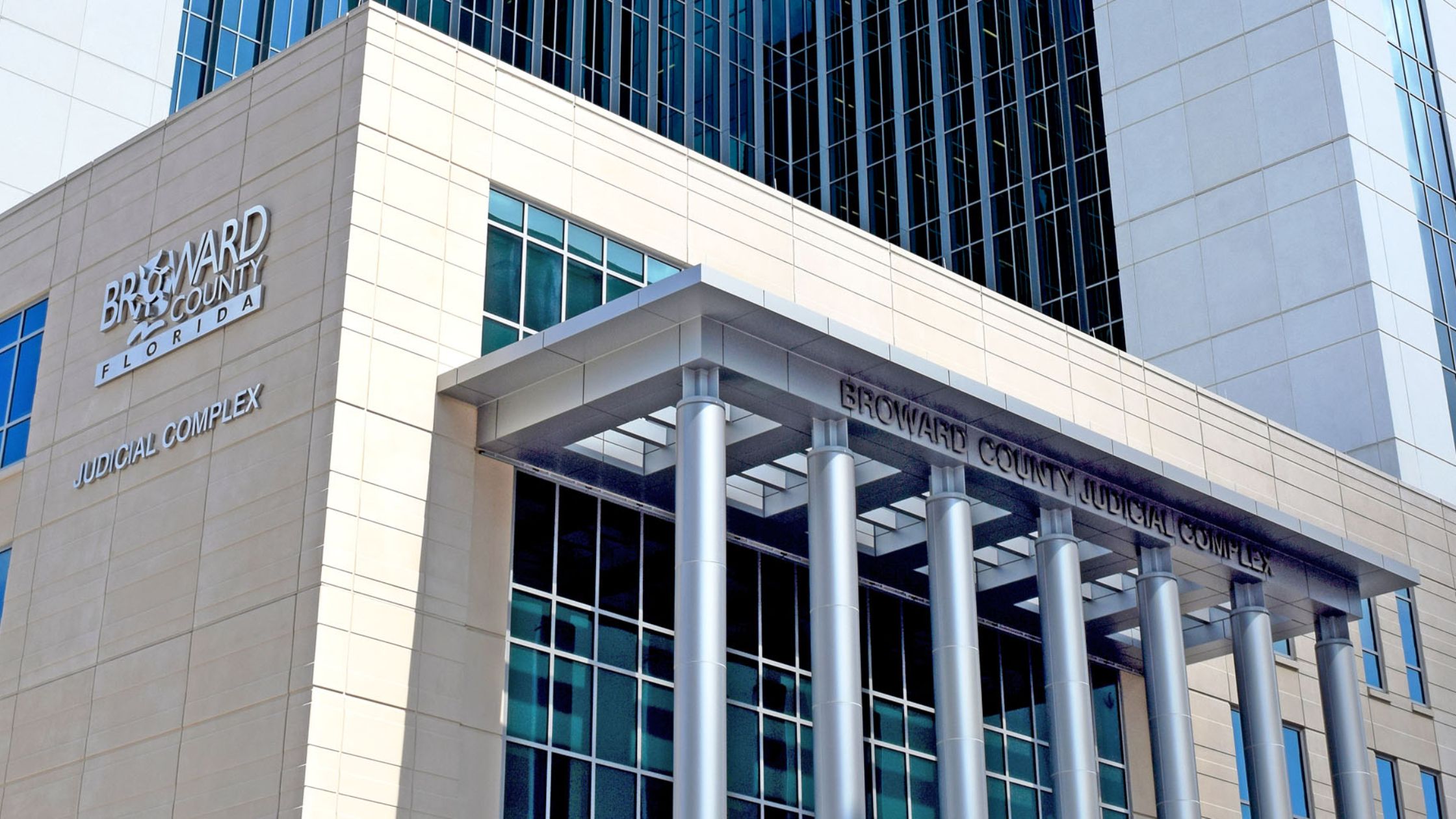Turning 16 is an exciting time in the life of a teenager. You qualify to get your driver’s license and begin to experience that first taste of freedom. But driving is a privilege that carries with it a tremendous amount of responsibility, not just for the teen driver, but for the parents who share in that responsibility.
Inexperienced, High-Risk Drivers
It will come as no surprise that teens are considered high-risk drivers. According to the Centers for Disease Control (“CDC”), the risk of a motor vehicle crash is higher among teens than among any other age group.
Florida is no exception, as data from the Department of Highway Safety and Motor Vehicles shows that teen drivers account for 16% of all vehicle crashes in Florida.
The CDC reports that teen drivers have a fatal crash rate almost three times as high as drivers ages 20 and older per mile driven.
The presence of a teen or young adult passenger further increases the risk. And it gets even worse for male teen drivers, who have a death rate three times as high as for female teen drivers.
Who is Legally Responsible for a Teen Driver Under Florida Law?
The answer depends, primarily on who is at fault and the age of the driver. In Florida, the teen driver (and all drivers, regardless of age) will be responsible if he/she is deemed the cause of the crash.
However, Florida law also requires that a parent or legal guardian sign for the teen’s driver’s license and this mandatory signing makes that person financially liable for any negligence of the teen driver when driving on public roads.
This parental responsibility law applies to teen drivers age 15-18; once the teen driver turns 19, the parent or legal guardian is no longer on the hook for the negligence of their child. Therefore, under Florida law, the parent who signed for their teen’s driver’s license is financially responsible for any losses or damages from a car accident that was caused by the teen driver.
Liability for a car crash can result in damages for medical expenses, lost wages, and pain and suffering. Because the teen driver is likely without assets to pay for these damages, the parent who signed for the teen’s driver’s license becomes the responsible party.
As a result, it is important for parents to consider these risks and take steps to educate their teenager on the dangers of driving and ways to be a safer, more responsible driver.
Examples of Educating and Keeping Teen Drivers Safe:
- Sign your teen driver up for a local driving school;
- Continue to drive with your teenager even after they get their license to monitor their driving skills
- Limit the distance or areas the teen is permitted to drive
- Don’t allow, or at least limit the number of passengers allowed in the car
- Require a cell phone be put in driving mode to eliminate alerts
- Talk about the dangers of alcohol or substance consumption while driving
So there you have it. In Florida, a parent or legal guardian is required to sign for their teenaged son or daughter to get a driver’s license, and therefore be financially responsible in the event of a motor vehicle crash.
We are Here to Help
If you or a family member has experienced an accident with a young driver, our experienced car accident attorneys are here to guide you through the legal process and provide a free consultation. Reach out to us today.
Sources








